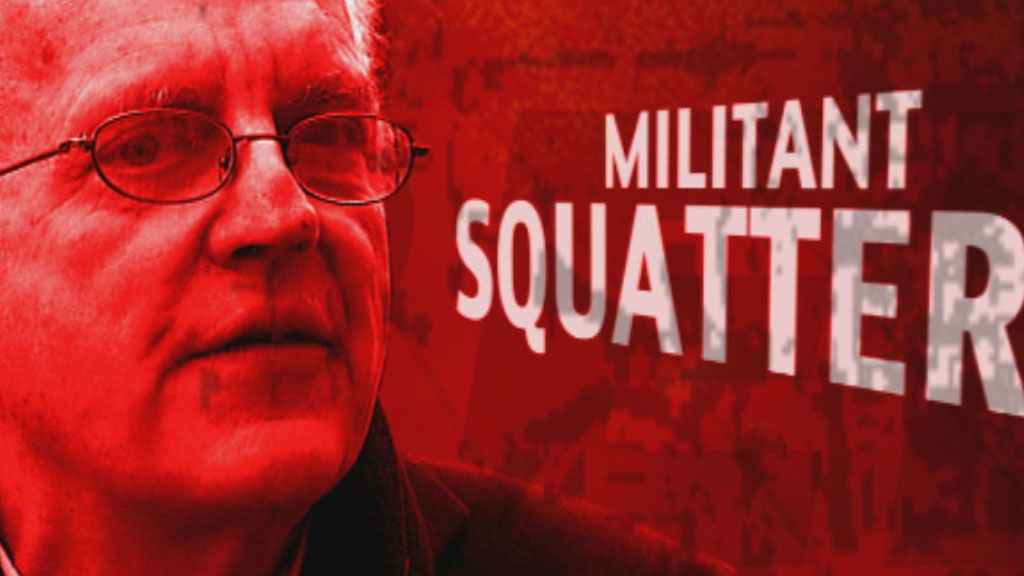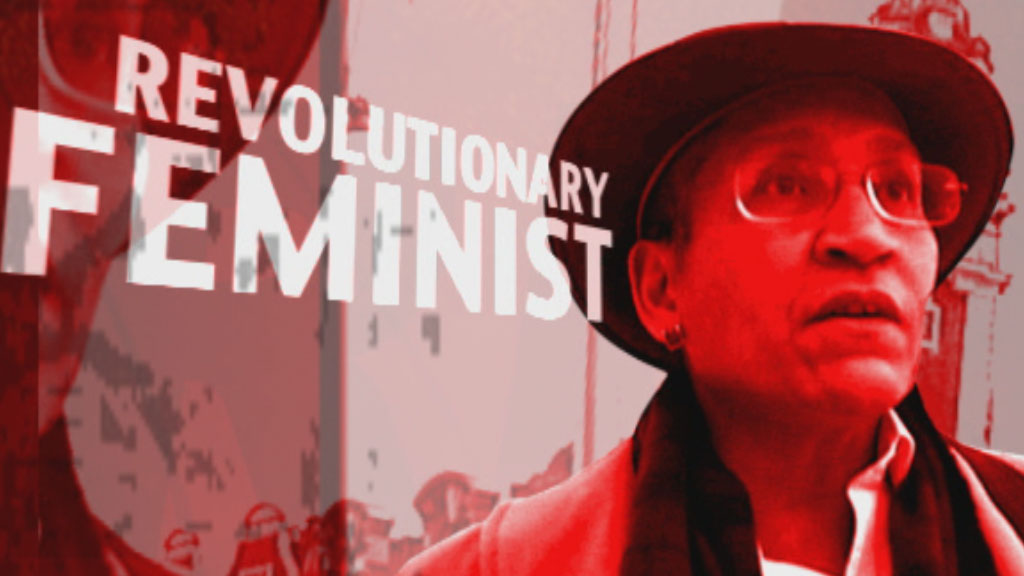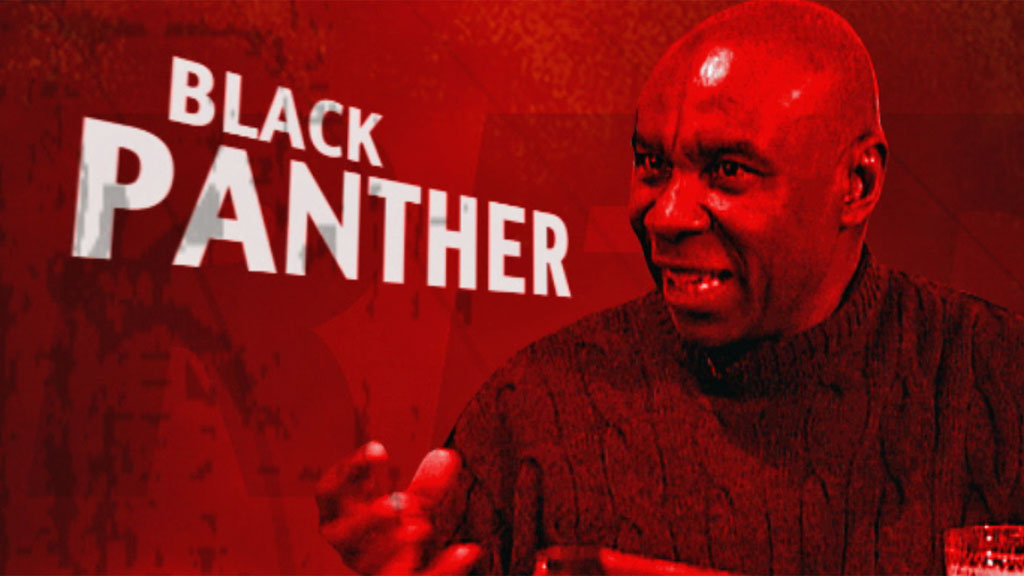What’s left: the ghosts of Brixton’s radical past
During the 70s and 80s Brixton played host to Black Panthers, militant squatters and revolutionary feminists – Channel 4 News meets the era’s key players to find out what became of their revolution.
Brixton found itself at the centre of a media storm last month as police investigated the strange case of Comrade Bala and the women rescued from the remnants of a “Maoist cult”.
Maoists may seem an anachronism for modern Brixton, but the area was full of revolutionaries three decades ago. We took a trip around the area’s radical hotspots with former residents.

Christian Wolmar is a transport journalist hoping to run for mayor of London, but in the 1970s he was a squatter at Villa Road, where he would wake most days to the screams of his neighbours carrying out primal therapy.
He explained how at Villa Road the entire street was occupied: “There were perfectly ordinary people who just wanted somewhere to live, various strands of thought from anarchist to Labour party.”
“It was a very heady and exciting time. It was fantastic fun.”
Watch: Splitters! Alexei Sayle on London's Maoist trail
He lived at number 27, a property he helped to fix up, along with a group of six other young radicals.
“It was part of a much wider squatting movement, of which there were probably 10,000 or 15,000 people in London, and it was all about saving houses from destruction, occupying houses left empty, but also it was a seedbed for alternative movements.
“You shared your house, you cooked together, had a cleaning rota – there wasn’t as much sex going on as tabloid newspapers would have it. It wasn’t all as portrayed in the Daily Mail.”

Linda Bellos is a revolutionary feminist and gay rights activist who led Lambeth council in the mid 1980s, labelled a member of the “loony left” by the Sun.
She now lives outside London but showed Channel 4 News her old haunts in Brixton and boasted of the major impact her approach to equality issues has had on British politics.
“I was born in this country at a particular time and gained a consciousness of discrimination. I gained a hatred of discrimination – I am passionate about contributing to changing the world.
“I wanted Lambeth to deliver decent services for working-class people. I love people, I’m not full of hate. I want the world to be a better place – I hope I’ve contributed and I think I have.
“I was involved in the Labour Party and lots of my radical friends detested the Labour Party. I was trying to get them to join. I was a lesbian feminist and black activist.”

Neil Kenlock was a Black Panther at the time and a keen photographer. He went on to found Choice FM, Britain’s first successful radio station with a licence to cater for the black community.
Despite his success as a businessman, he tells Channel 4 News he still holds reservations about capitalism and still considers himself a radical.
“What made me join the Black Panthers is that I believed society was not fair – I didn’t believe society was equal or that we were given the opportunity to get on in life,” he explained.
“Other political parties and organisations were not radical enough for me… at school in history, nobody told me about my people being taken from Africa.”
“We were against capitalism, we blamed capitalism for our enslavement.”
“I’ve been successful in life, but it was in the interests of promoting my community. Yes, capitalism is useful but it can be aggressive and it doesn’t support people who are disadvantaged.”
-
Latest news
-
Fans react to football clubs increasing season ticket prices4m

-
‘We’re still a long way from justice’, says infected blood scandal victim5m

-
Infected blood scandal: Victims set to receive billions of government compensation7m

-
Iran’s president and foreign minister missing after helicopter crash3m

-
Yungblud launches his own affordable music festival5m

-




